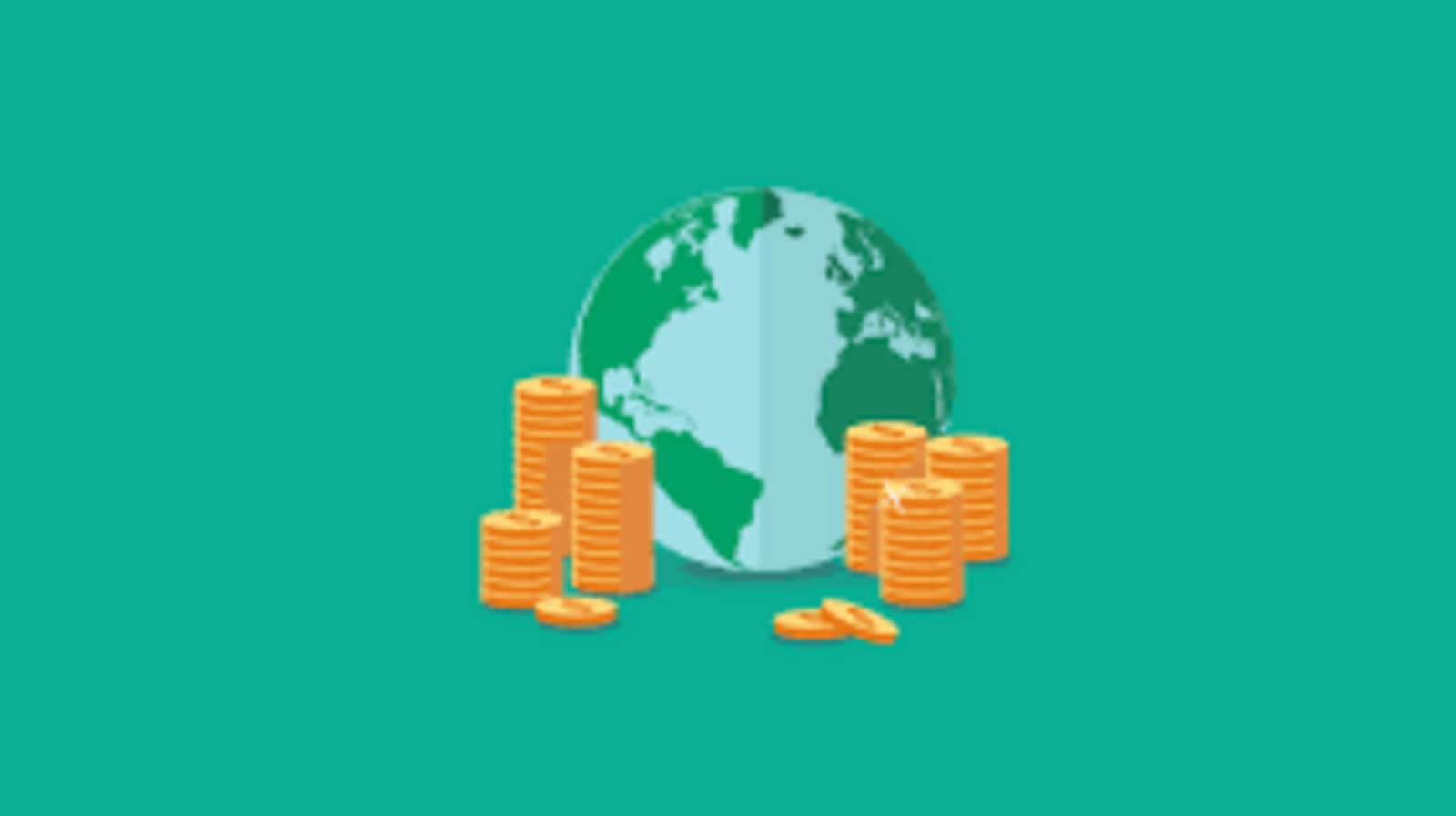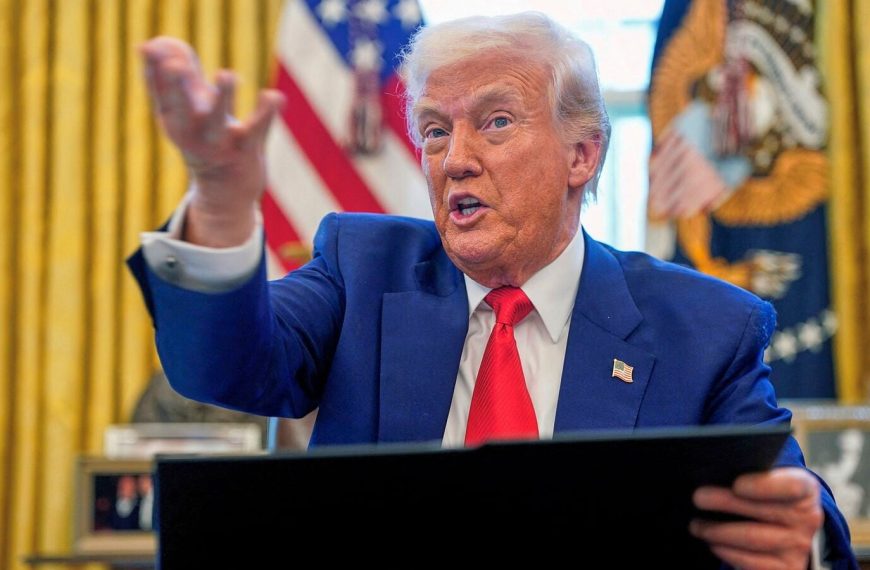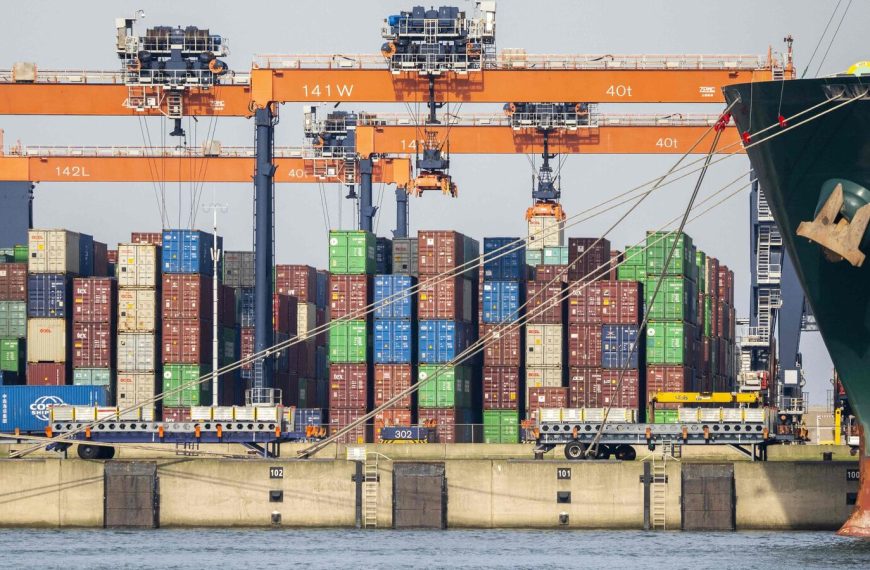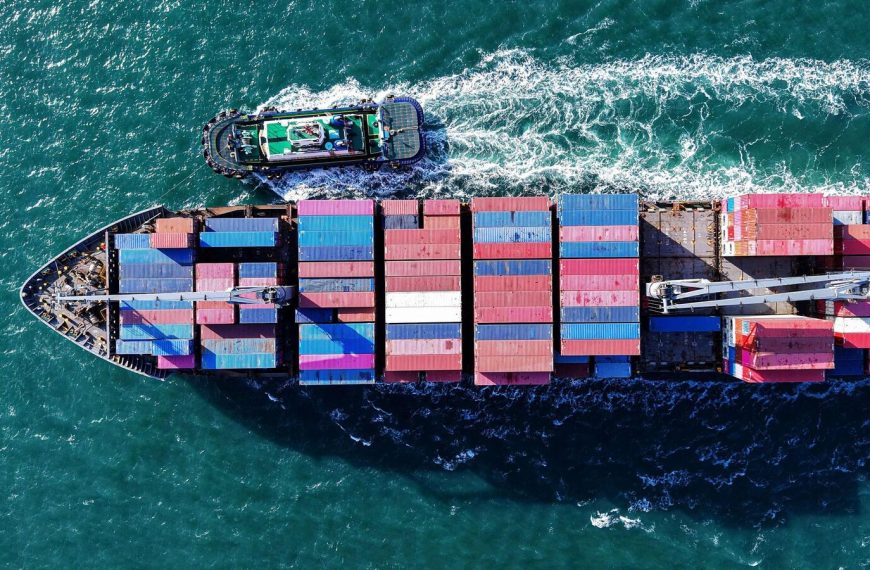Traders are anticipating a significant likelihood—over 80%—that the European Central Bank (ECB) will lower borrowing costs once again during their upcoming meeting on April 17. However, policymakers, spanning the spectrum from hawkish to dovish stances, are considering a pause due to the increased uncertainty surrounding US President Donald Trump’s trade strategies, as well as escalating military expenditures in Europe. Those familiar with the discussions, who wish to remain anonymous, noted that while some officials are eager for further rate cuts, they may be willing to hold off on a seventh reduction since June if their more cautious counterparts believe more data is needed.
Divergent Views Among Policymakers
While the April meeting is still two and a half weeks away, policymakers are grappling with differing opinions. Dovish members of the ECB are still keen on additional easing to stimulate the economy, yet they may defer to their hawkish colleagues who advocate for a more measured approach. An ECB spokesperson refrained from commenting on the impending decision, emphasizing the bank’s commitment to a meeting-by-meeting evaluation process.
- Current Deposit Rate: The ECB has reduced its deposit rate from 4% to 2.5% as inflation hovers near the 2% target amidst sluggish economic growth in the region.
- Governing Council Dynamics: Opinions within the 26-member Governing Council are becoming increasingly polarized. For instance, Mario Centeno from Portugal advocates for continuing rate cuts, while Robert Holzmann from Austria has called for a temporary halt to further reductions.
The Impact of US Tariffs
One of the most pressing uncertainties affecting the ECB’s decision-making is the upcoming announcement of new US tariffs by President Trump, expected this week. While there is consensus among ECB policymakers that these tariffs will impede economic growth, there is no agreement on whether they will also influence inflation rates.
As we approach the April meeting, the dialogue among ECB members is evolving, and their decisions will be critical in shaping the economic landscape in Europe. With each meeting, the stakes are high, and the potential for shifts in policy direction becomes ever more significant.
For ongoing updates on the ECB’s decisions and their implications, stay tuned to reliable financial news sources.











